This Anti-Pollution Skincare Ingredient Will Be the Next Big Thing in Beauty

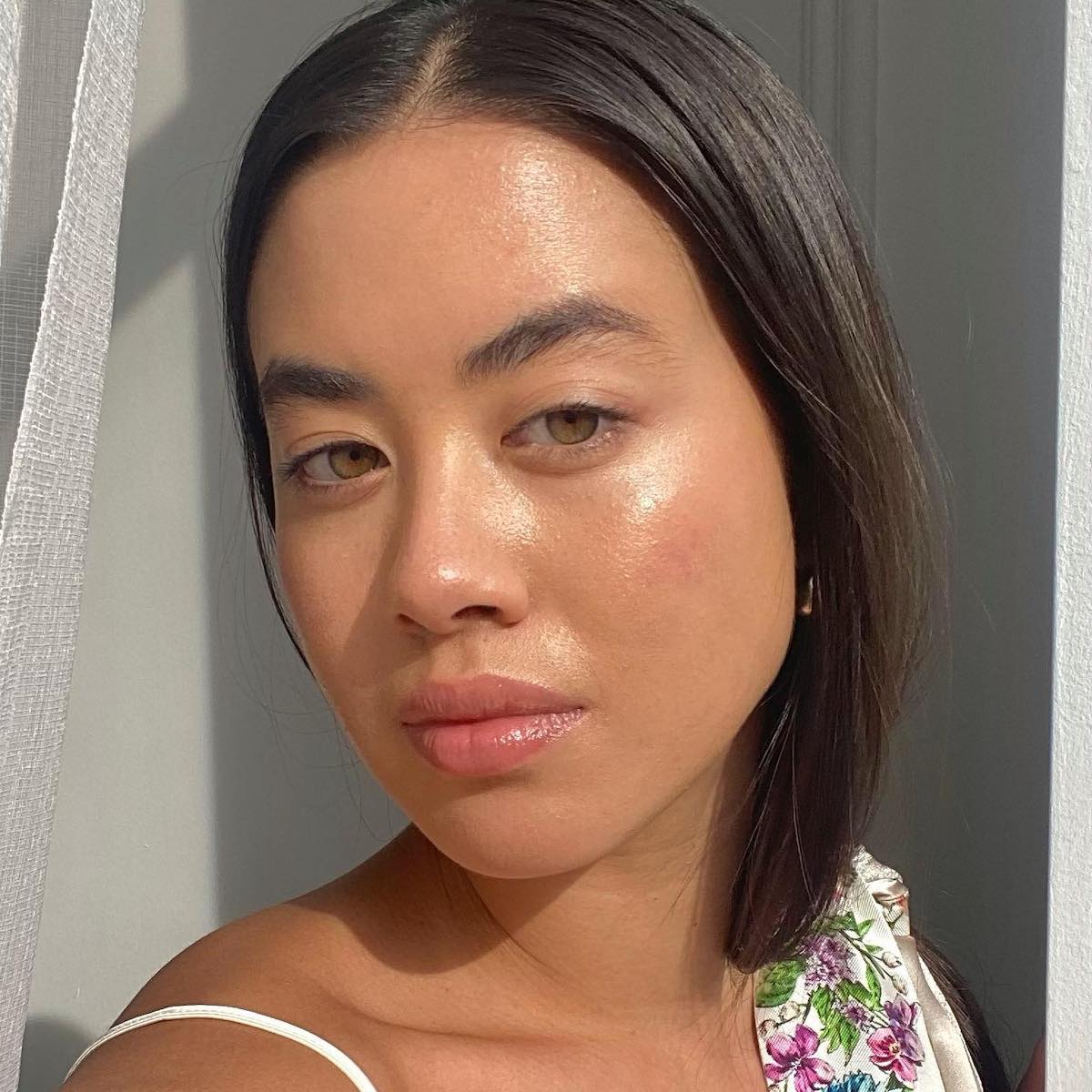
Every day, our skin is faced with an onslaught of environmental aggressors. This is essentially an umbrella term for anything that can cause harm to the skin over time. It includes things like UV rays, infrared radiation, blue light, and air pollution, which cause oxidative stress to the skin, meaning they can break down collagen and elastin and lead to premature signs of aging like fine lines and wrinkles. So, how can we protect ourselves from these environmental aggressors and the oxidative stress they cause? Easy. We can use antioxidant-rich skincare products.
The primary function of antioxidants is to neutralize free radicals, the unstable compounds that environmental aggressors like UV rays produce. "Free radicals can damage cellular structures, like DNA, lipids, and proteins, and contribute to the appearance of aging skin," says board-certified dermatologist Brendan Camp, MD, FAAD. Using effective antioxidant skincare products is an easy way to prevent these free radicals from wreaking havoc on the skin.
While there are many antioxidant ingredients you can turn to—including vitamin C—one, in particular, has been making waves in the beauty industry lately. Its alfalfa. Also known as Medicago sativa, it has garnered attention from brands and consumers alike for its anti-pollution effects. Ahead, learn all there is to know about this buzzy ingredient and shop some of the best protective products.

What Are the Benefits of Alfalfa in Skincare?
Aside from the aforementioned antioxidant benefits that can stave off free radicals and oxidative stress, Camp says alfalfa is rich in vitamins and minerals that offer calming effects. "It's an excellent ingredient to add to your skincare routine," he says. "Not only will it stave off premature signs of aging, but it will also aid in easing redness and irritation due to its high concentration of nourishing vitamins and minerals." Talk about a multitasking ingredient.

Why Is Alfalfa Trending Now?
According to Camp, alfalfa is getting so much buzz for a few reasons. "Alfalfa is trending because people are always looking for something new and different to give a boost to their skin," he says. "In addition, as a naturally derived ingredient, it ticks the 'organic' or 'natural' skin care box."
That explains why it's often used in retinol alternatives, such as serums that include bakuchiol. While the latter works to reduce the appearance of fine lines and wrinkles (much like retinol), alfalfa provides antioxidant benefits and keeps irritation at bay. These retinol alternatives are touted as a gentle and natural substitute for retinol, which can often cause harsh side effects like dryness, peeling, flaking, and redness.

What Skin Types and Concerns Is It Best Suited For?
Since alfalfa is first and foremost a protective ingredient, Camp says it's "best for the prevention and treatment of aging skin." So, it doesn't matter what skin type you have; if you're focused on preventing or minimizing the appearance of fine lines, wrinkles, and dark spots, this ingredient can benefit your skin.
Board-certified dermatologist Marisa Garshick, MD, FAAD, agrees, noting even sensitive skin types can use this ingredient without fear of consequences like irritation or redness. She also says that it can be used daily.
As always, experts recommend patch-testing new skincare products, just in case. "As with any new skin care product, it is a good idea to patch-test it on the inside of your arm if you have a history of contact dermatitis or sensitive skin," Camp says.
The Best Alfalfa Skincare Products to Shop Now
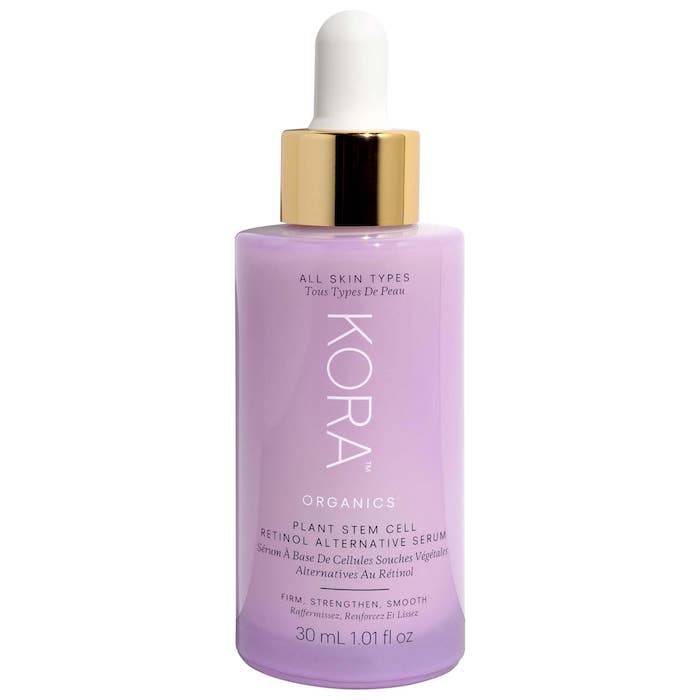
This new launch from Kora Organics is the first certified-organic retinol alternative on the market. It uses bakuchiol, alfalfa, and plant stem cells to offer all the benefits of retinol without harsh side effects. Learn more about this new product and how Kora Organics founder Miranda Kerr uses it in her routine.
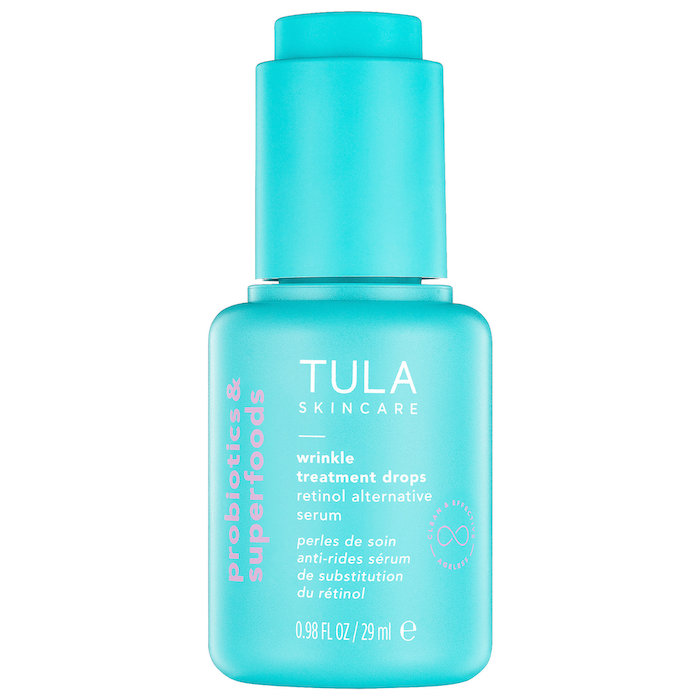
Another retinol alternative is this serum, which uses probiotic extracts, goji berry, bakuchiol, and alfalfa sprouts to firm and smooth the skin.
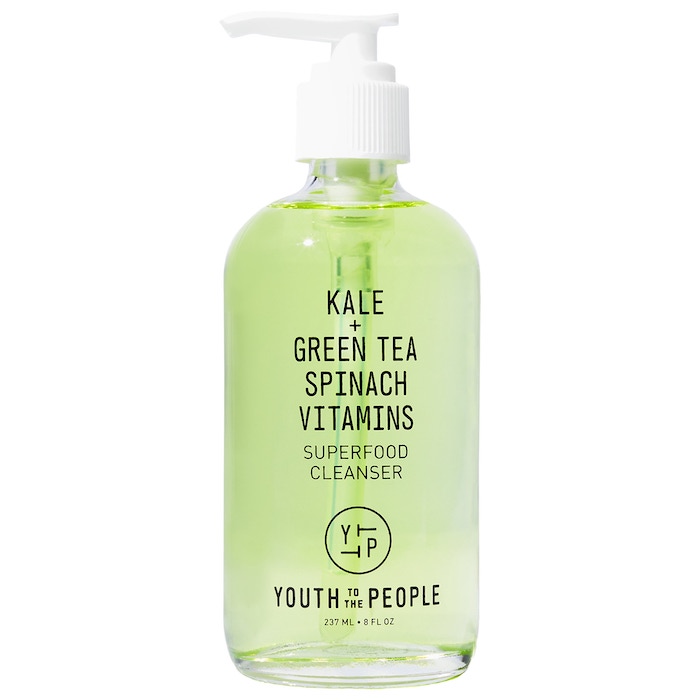
Garshick recommends reaching for this superfood cleanser if you want to incorporate alfalfa into your skincare routine. "In addition to spinach, kale, and green tea, this cleanser contains alfalfa to deliver antioxidant benefits without stripping the skin," she says.
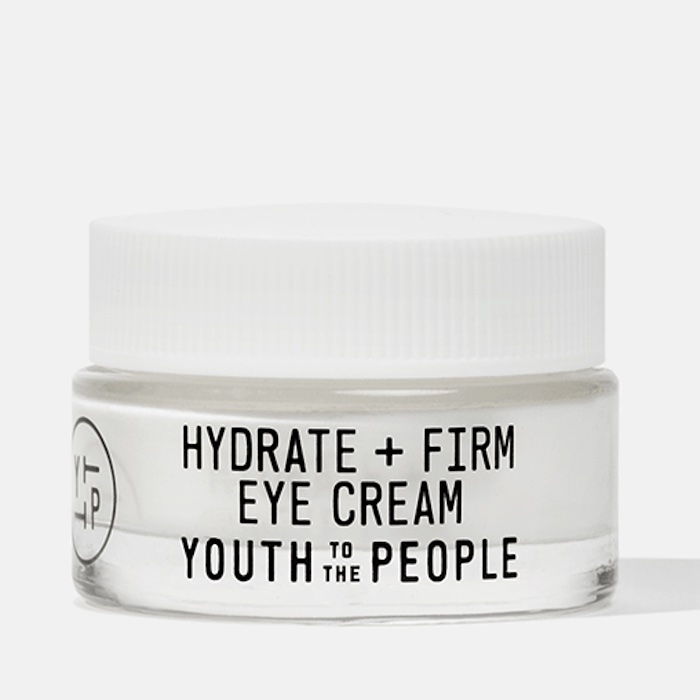
Alfalfa can also be found in Youth to the People's Hydrate + Firm Eye Cream. "In addition to alfalfa, this hydrating and firming eye cream contains kale, aloe, and sunflower oil, each providing nutrients to the delicate skin around the eye," Camp says.
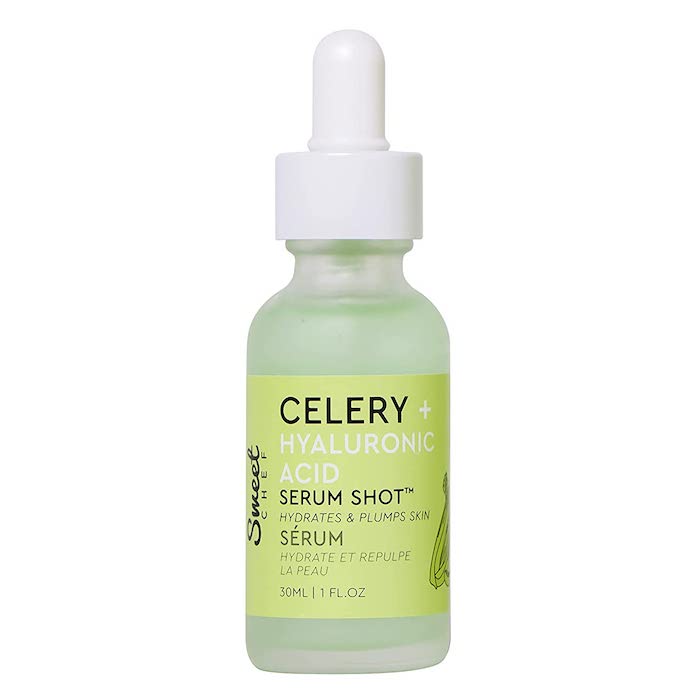
With hyaluronic acid, niacinamide, and alfalfa extract, this serum hydrates, soothes, and minimizes the appearance of enlarged pores.
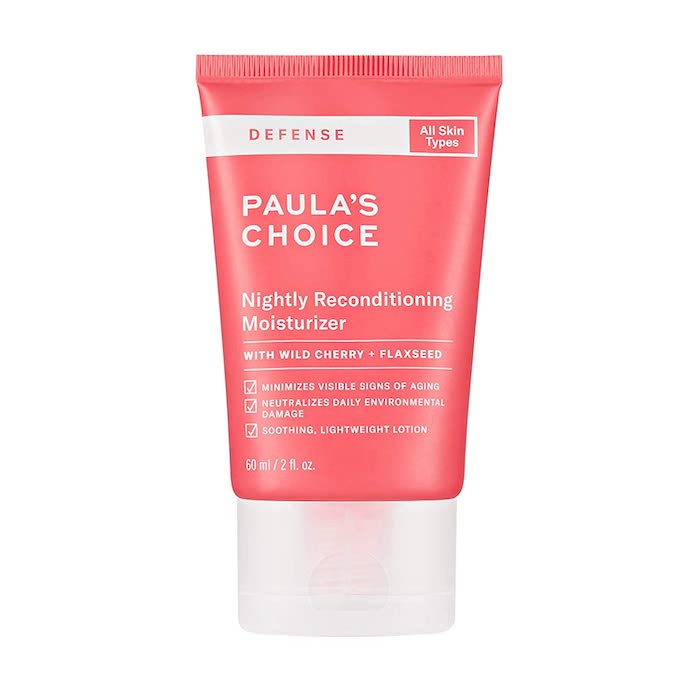
With ingredients like alfalfa, flaxseed, and wild cherry, this moisturizer promises to defend your skin against all forms of environmental pollution, including blue light.
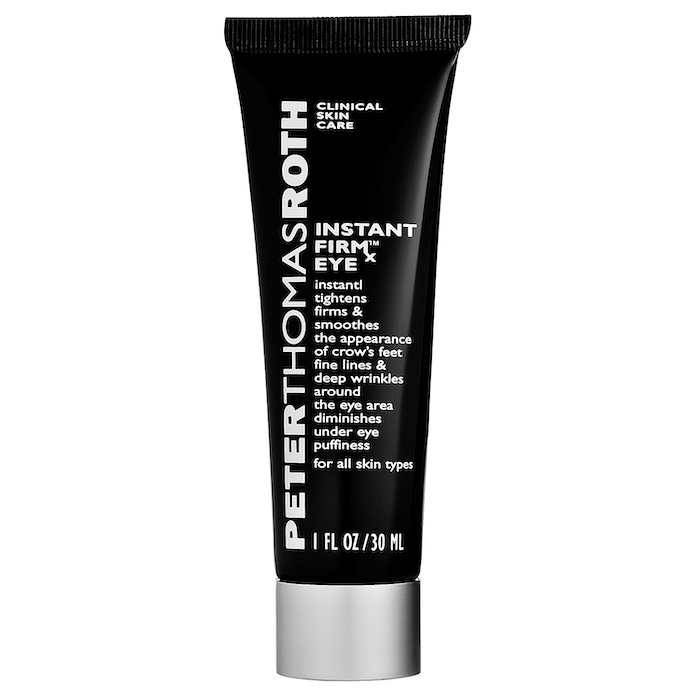
This eye gel became a viral sensation when people saw how it could tighten the appearance of under-eye bags. "Alfalfa is featured in this product, which tightens and firms eyelid skin to reduce the appearance of fine lines and wrinkles," Camp says.
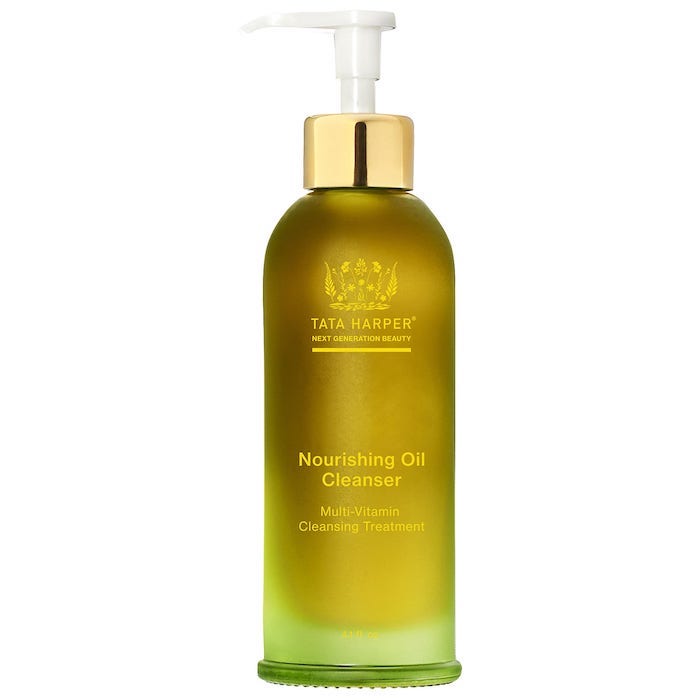
Camp also recommends this nutrient-rich cleanser with alfalfa and other vitamins, minerals, and antioxidants, noting these ingredients "gently remove makeup without stripping the skin of oil."
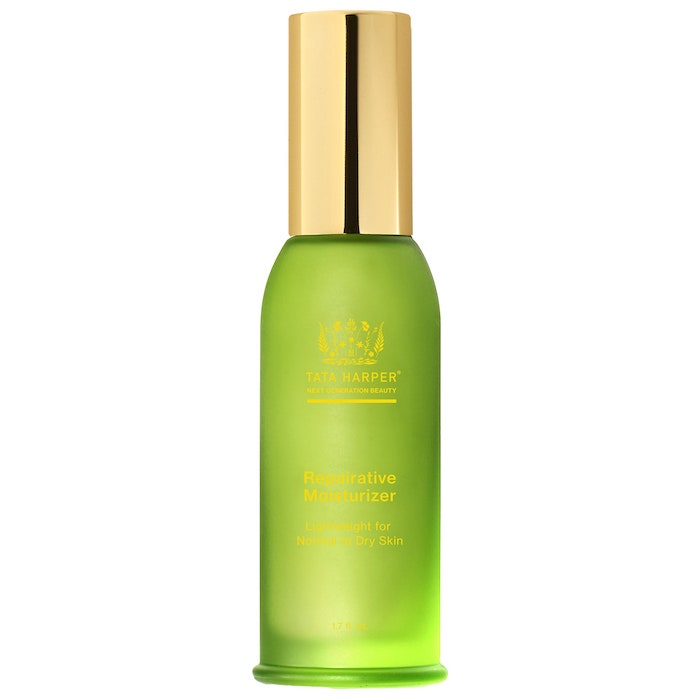
Alfalfa is also a featured ingredient in this anti-aging moisturizer. I like that it's lightweight and sinks into the skin easily. So many other anti-aging moisturizers are thick or leave residue on the skin.
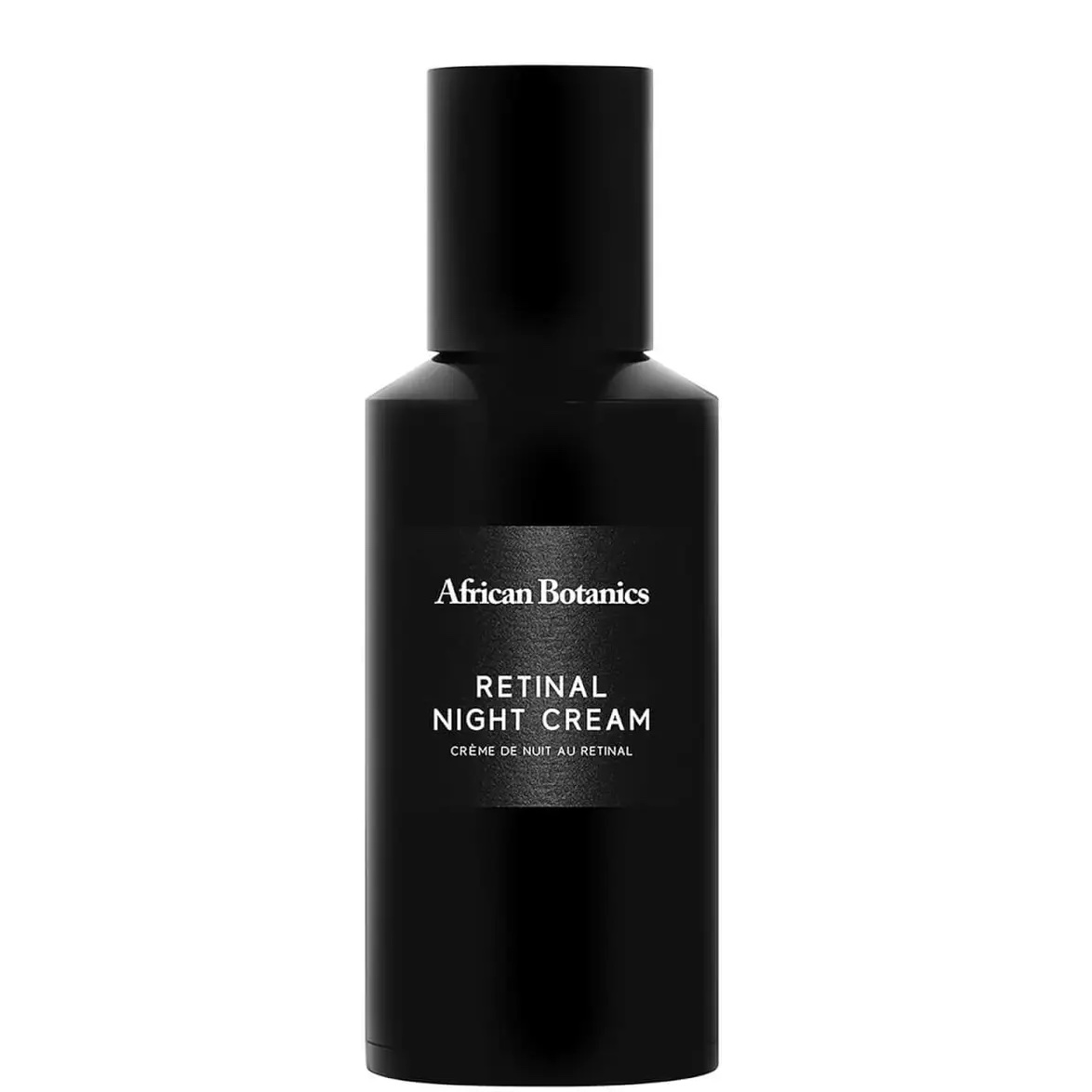
This multitasking night cream contains alfalfa, peptides, collagen stimulators, hyaluronic acid, and a gentle form of vitamin A known as retinaldehyde. It promises to do everything from encouraging skin repair to boosting skin clarity and preventing the signs of aging.
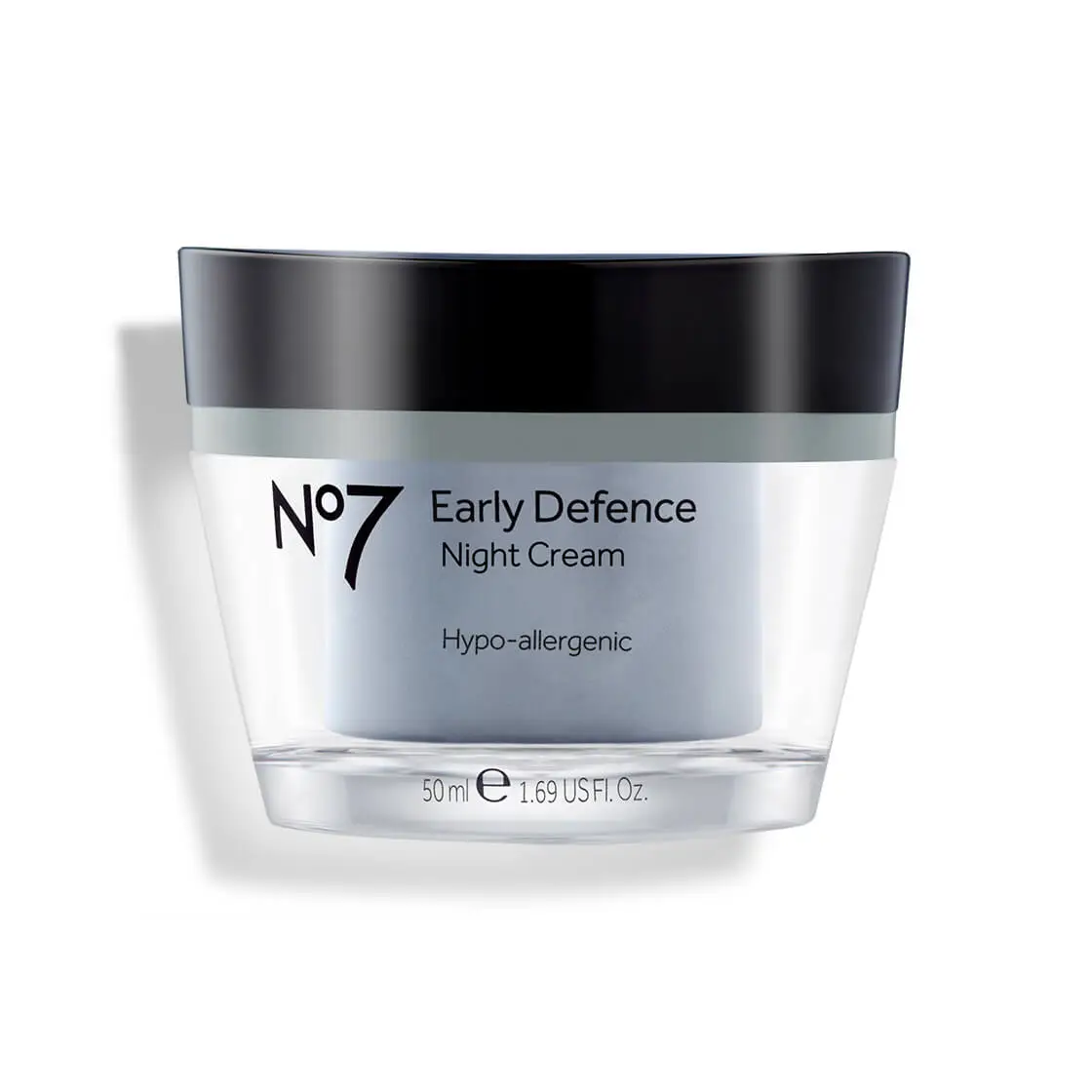
This night cream contains retinyl palmitate, which is another gentle form of vitamin A. It also has alfalfa and peptides to firm and smooth the skin without irritation.
Next, This Trending Ingredient Instantly Calms Redness, So I Shopped the Best Products

Kaitlyn McLintock is a Beauty Editor at Who What Wear. She has 10 years of experience in the editorial industry, having previously written for other industry-leading publications, like Byrdie, InStyle, The Zoe Report, Bustle, and others. She covers all things beauty and wellness-related, but she has a special passion for creating skincare content (whether that's writing about an innovative in-office treatment, researching the benefits of a certain ingredient, or testing the latest and greatest at-home skin device). Having lived in Los Angeles, California, and Austin, Texas, she has since relocated back to her home state, Michigan. When she's not writing, researching, or testing beauty products, she's working through an ever-growing book collection or swimming in the Great Lakes.

